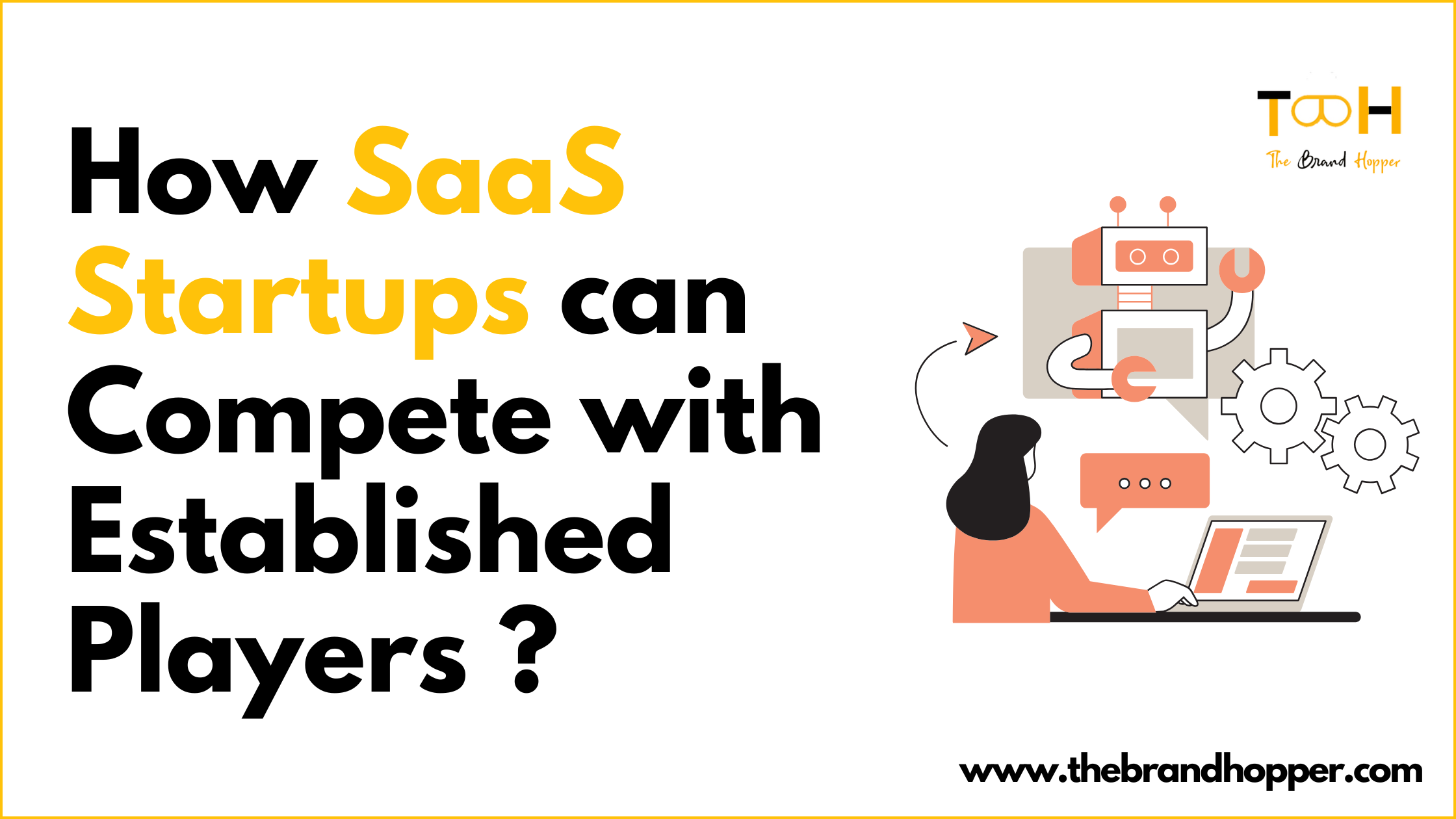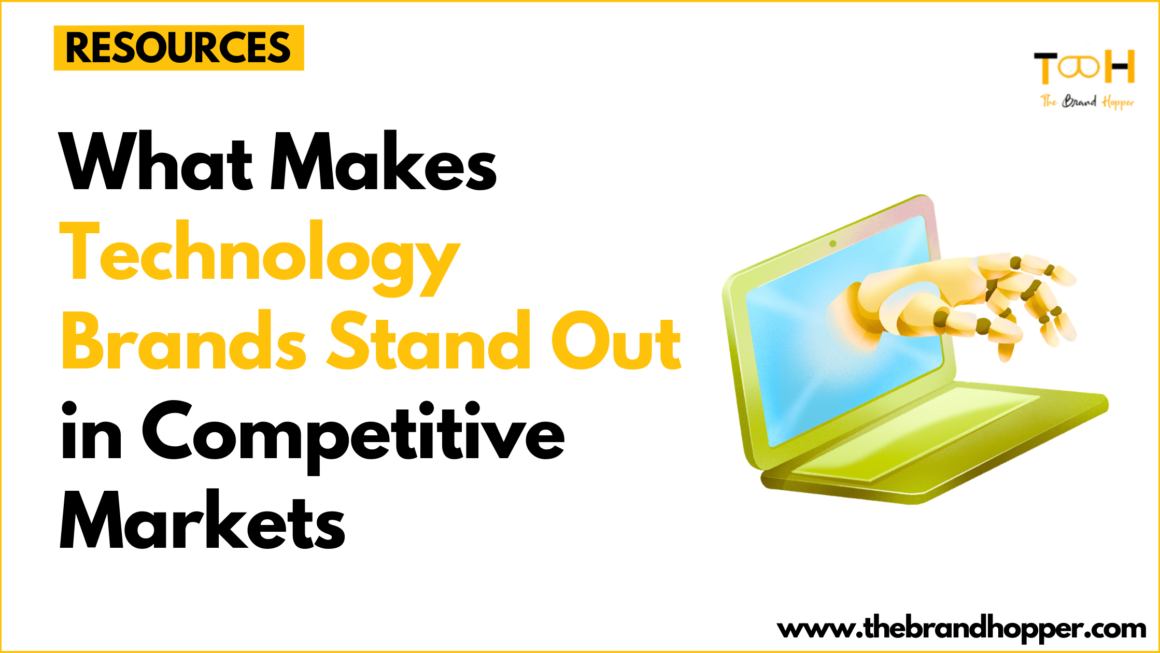Breaking into a market ruled by industry titans, how do startups even get noticed? For startups in the software as a service space, the difference between success and failure often boils down to being flexible and inventive. Free from bureaucratic constraints, startups can customize their offerings to meet customer needs, reaching a responsiveness unmatched by competitors.
In 2025, the SaaS environment keeps transforming, offering chances for those willing to challenge the existing norms.
Challenges for SaaS Startups
Entering the SaaS market involves obstacles. Established companies hold significant advantages, such as vast resources, well-developed brand recognition, and loyal customer bases. However, this doesn’t mean startups are without advantages of their own. To compete effectively, it is essential to understand the particular challenges and opportunities in the industry.
Some of the most significant hurdles include:
- Limited budgets: Competing with companies that can outspend on marketing, development, and customer retention.
- Market saturation: The SaaS market is crowded, with countless players offering overlapping solutions.
- Customer trust: Convincing potential users to switch from a proven solution to a lesser-known alternative.
While these obstacles are real, they can be addressed with clear strategies focused on differentiation and customer engagement.
Focus on Niche Markets
One of the best strategies for competing with large players is targeting underserved or specialized markets. Big companies often prioritize mass appeal, creating generalized solutions that may fail to meet the specific needs of certain industries or customer groups. Startups have an opportunity to develop niche products that offer higher value for specialized users.
For example, a SaaS platform designed specifically for freelance creatives or independent educators can include unique tools tailored to their workflows. By focusing on smaller segments, startups can build strong loyalty and reduce the pressure to compete directly with industry titans.
Prioritize Customer Experience
Established SaaS companies can become bogged down in bureaucracy, making them slow to adapt to user needs. Startups have an inherent advantage in their agility and closeness to their customers. By placing customer satisfaction at the center of their strategy, startups can win over users who feel neglected by larger competitors.
Practical steps to elevate the customer experience include:
- Quick, effective support: Responsive customer service can create a strong sense of trust and reliability.
- Transparent pricing: Offering flexible subscription options or pay-as-you-go models makes services more accessible.
- Incorporating feedback: Actively seeking and implementing user suggestions keeps the product aligned with customer needs.
Satisfied customers are not only more likely to stay; they are also more likely to recommend the service to others, helping startups grow organically.
Leveraging Emerging Technologies
Technology continues to evolve rapidly in the SaaS industry, and startups must be at the forefront to compete. Trends arising in 2025, including artificial intelligence (AI), machine learning, and automation, enable startups to provide enhanced features that distinguish them from competitors.
These technologies can enhance key product features:
- AI-driven analytics: Help users make data-informed decisions faster.
- Automation tools: Save time by simplifying repetitive tasks.
- Personalization: Tailored user experiences that adapt to individual needs.
Likewise, trends such as cloud-native development and low-code platforms enable startups to launch products more quickly and at reduced expenses. Collaborating with skilled teams, like those providing SaaS development services, guarantees a strong technical base to address changing market needs.
Smart Marketing on a Budget
Startups may lack the large marketing budgets of established companies, but they can still create a powerful presence through strategic efforts. Effective marketing in 2025 is less about the size of the budget and more about authenticity and creativity.
- Content marketing: Publishing blogs, case studies, or webinars that address customer pain points.
- Social media presence: Building engagement with a targeted audience using platforms like LinkedIn or Twitter.
- Partnerships: Collaborating with influencers or other startups to expand reach.
By focusing on storytelling and value-driven campaigns, startups can attract attention and build trust without overspending.
Building an Agile Team and Culture
A startup’s real strength comes from its people. Teams that stay flexible and think creatively are key to succeeding in today’s fast-moving industry. By fostering a lively and inspiring workplace, startups can draw in top talent and keep them motivated.
Key elements of an agile team include:
- Cross-functional collaboration: Teams working closely across development, marketing, and customer success.
- Continuous learning: Encouraging employees to learn new skills and adapt to industry trends.
- Empowered decision-making: Giving team members autonomy to act quickly and responsibly.
Agile development methodologies require a high degree of flexibility and responsiveness. Collaborating with a software development company like Relevant.Software, that embraces agile principles, can ensure that your development process is adaptable and can quickly pivot to meet changing market demands and customer needs
Wrapping Up
Competing with established SaaS providers is a challenging but rewarding endeavor. By focusing on niche markets, delivering exceptional customer experiences, and staying ahead with emerging technologies, startups can carve out their space in the industry. Agile teams and smart marketing amplify these efforts, enabling startups to overcome resource limitations and build lasting success.
In 2025, success in SaaS doesn’t depend on the size of your company—it depends on your ability to stay focused, adapt quickly, and deliver solutions that truly resonate with your audience.
To read more content like this, explore The Brand Hopper
Subscribe to our newsletter




